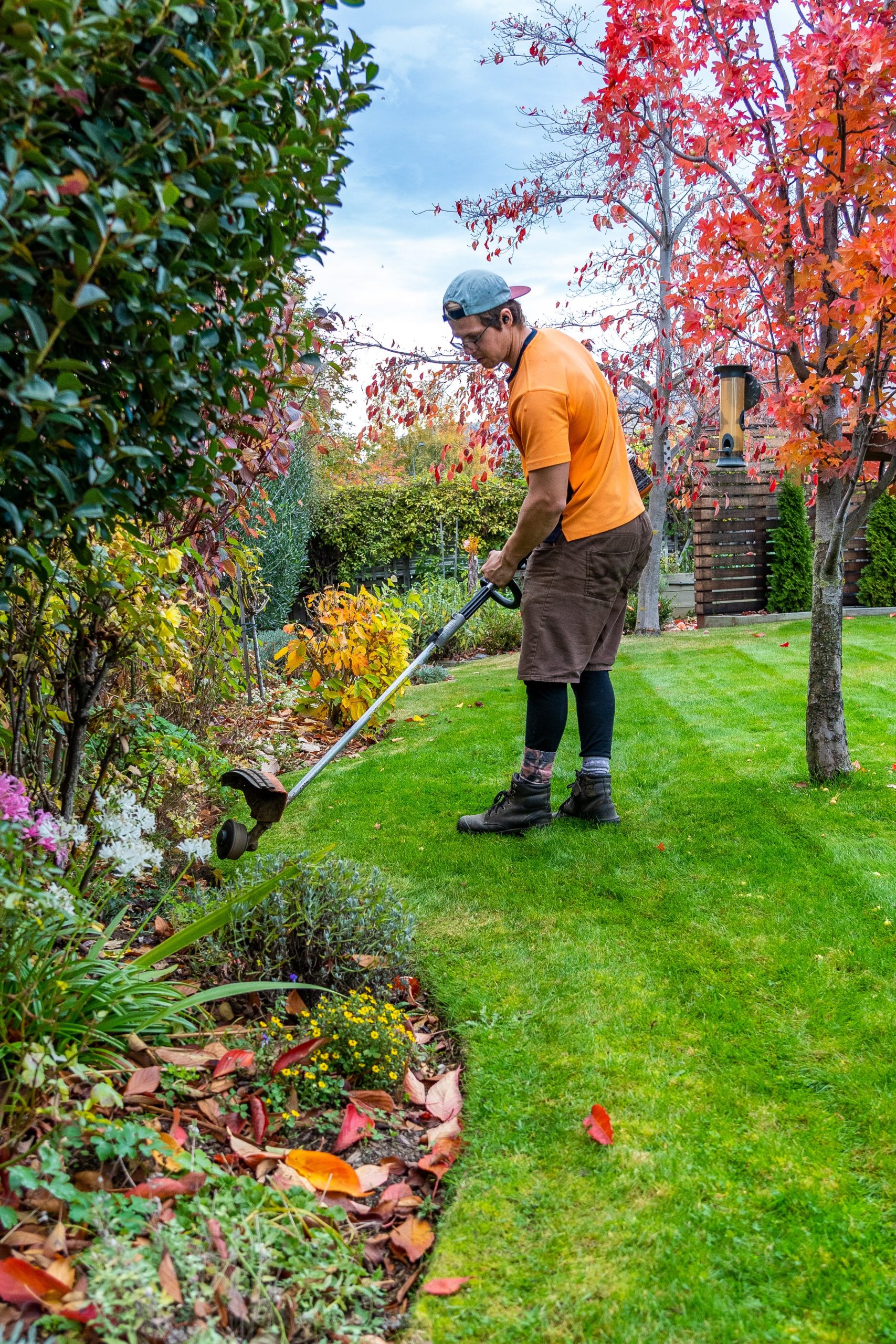The Blossoming Benefits of Students Gardening
In recent years, students gardening has emerged as a popular and impactful activity in schools and universities worldwide. This hands-on educational experience offers students the opportunity to cultivate plants, gain practical skills, and foster a deeper connection with nature. The benefits of gardening extend beyond the garden beds, influencing students' academic performance, social skills, and overall well-being. This article explores the various facets of students gardening and the positive outcomes associated with this enriching activity.
Educational Benefits
Gardening is a multidisciplinary activity that integrates elements of biology, chemistry, physics, and environmental science. As students engage in planting, nurturing, and harvesting crops, they gain a practical understanding of plant biology, soil science, and ecosystems. These real-world applications enhance classroom learning and encourage curiosity and exploration, much like a character analysis by Essaypro.com helps students delve deeper into literature by examining different aspects of a character.
Moreover, gardening activities for students can be tailored to various educational levels and subjects. For younger students, simple activities like planting seeds and observing growth can introduce basic scientific concepts. Older students can delve into more complex topics, such as genetic diversity in plants, the chemical composition of soil, or the physics of irrigation systems. This experiential learning approach helps students retain information better and develop critical thinking skills, much like a "character analysis example" in literature can deepen students' understanding of character traits and motivations.
Promoting Healthy Lifestyles
One of the most significant benefits of student gardening is its promotion of healthy eating habits. By growing fruits, vegetables, and herbs, students gain firsthand knowledge of where their food comes from and the importance of fresh, nutritious produce. Schools with garden programs often incorporate cooking and nutrition classes, encouraging students to try new foods and recipes.
Gardening also provides physical exercise, as activities like digging, planting, and weeding involve various muscle groups. This physical engagement, combined with time spent outdoors, contributes to overall health and well-being. It helps students develop a positive attitude towards physical activity, which can carry over into other areas of their lives.
Social and Emotional Growth

Gardening projects provide many chances for social interaction and teamwork. When students work in pairs or groups, they develop skills in effective communication, sharing responsibilities, and collaborating to achieve a common objective. These experiences can improve social skills, foster a sense of community, and build lasting friendships.
On an emotional level, gardening activities for students can be therapeutic. The act of nurturing plants and witnessing their growth can be incredibly fulfilling and provide a sense of accomplishment. Engaging with nature has been proven to alleviate stress, anxiety, and depression symptoms. For students dealing with academic or personal difficulties, the garden offers a tranquil environment for reflection and relaxation.
Environmental Stewardship
Students gardening also plays a crucial role in environmental education. As students work with plants and soil, they become more aware of ecological processes and the impact of human activities on the environment. Lessons on composting, water conservation, and organic farming practices instill a sense of responsibility for the planet.
Additionally, gardening programs often emphasize sustainable practices, such as using native plants, recycling materials, and minimizing chemical use. These practices teach students the importance of sustainability and encourage them to adopt eco-friendly habits in their daily lives. Similarly, incorporating a "character analysis example" in literature studies can teach students to consider a character's development and motivations, encouraging a deeper understanding of narrative and ethical considerations.
Challenges and Considerations
While the benefits of students gardening are plentiful, implementing a successful program requires careful planning and resources. Schools must consider factors such as funding, space, and expertise. It is essential to have knowledgeable staff or volunteers to guide students and maintain the garden, much like the successful model seen in Arlington Garden. Additionally, schools must address logistical challenges, such as scheduling, maintenance during school breaks, and ensuring student safety.
Despite these challenges, many schools have found creative solutions, such as partnering with local gardening clubs, seeking grants, or involving parents and community members. The key is to start small, with manageable projects, and gradually expand as the program grows. Similarly, starting with a "character analysis example" in literature classes can help students develop their analytical skills incrementally, allowing them to gradually tackle more complex character studies as their understanding deepens.
Conclusion
Student gardening is more than just an extracurricular activity; it is a powerful educational tool that enriches students' lives in myriad ways. From enhancing academic knowledge to promoting healthy lifestyles and fostering social and emotional growth, gardening activities for students create a dynamic classroom where students can bloom. As schools continue to recognize the value of gardening programs, more students will have the opportunity to dig into this rewarding experience, cultivating not only plants but also a lifelong love of learning and respect for the natural world. These services that help to solve math homework problems make the writing process easier by offering high-quality papers that meet even the toughest academic expectations.
